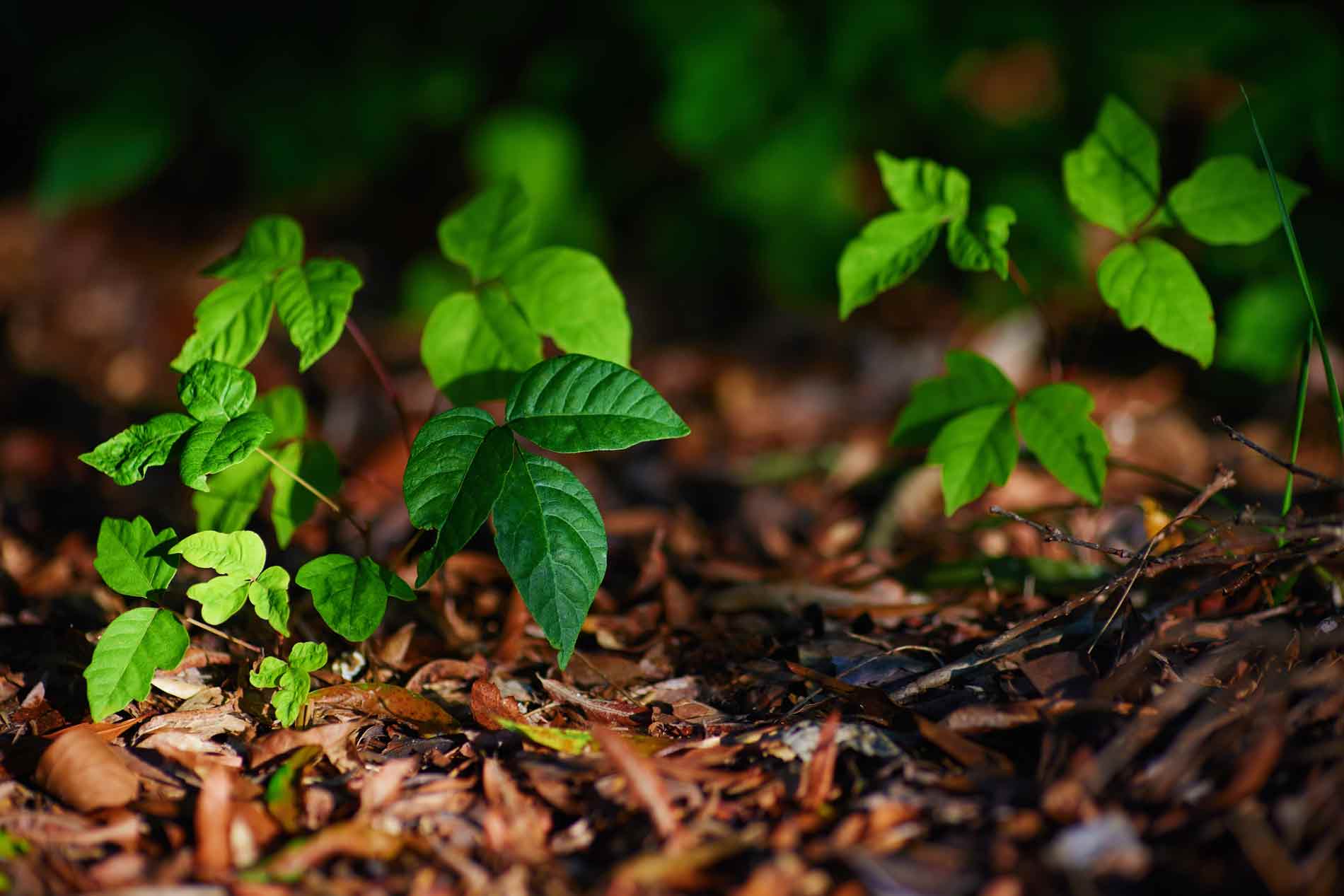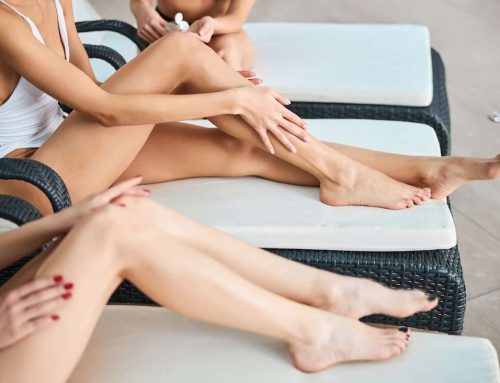At Skin Care Physicians of Georgia, we understand how frustrating and uncomfortable a poison ivy rash can be. And now that summer is in full swing and outdoor activities in full bloom, there’s a good chance you might run into it. That’s why it’s important to know how to recognize, treat, and prevent poison ivy exposure. That is, if you want to keep your skin healthy and rash-free. With that in mind, here’s a comprehensive guide on everything you need to know about poison ivy.
What is Poison Ivy?
Poison ivy is a plant found throughout the United States that causes an itchy and often painful rash upon contact. Moreover, the plant contains an oily resin called urushiol, which is responsible for the allergic reaction. Even a small amount of urushiol can trigger a severe rash in susceptible individuals.
Identifying Poison Ivy
Recognizing poison ivy is the first step in preventing exposure. With that in mind, look for the following identification markers of poison ivy:
- Leaves: Grouped in threes, the edges can be smooth or slightly toothed.
- Color: Leaves are green in spring and summer, turning red, yellow, or orange in the fall.
- Growth: Poison ivy can grow as a vine or shrub and is often found along trails, roadsides, and in wooded areas.
Symptoms of Poison Ivy Rash
If you come into contact with poison ivy, you may experience symptoms such as:
- Redness and itching: The rash often begins as redness and itching at the site of contact.
- Swelling and blistering: Small, fluid-filled blisters may develop, which can be extremely itchy and uncomfortable.
- Spread of rash: The rash can spread to other parts of the body if urushiol remains on the skin, clothing, or under fingernails.
Poison Ivy Treatment and Relief
While there’s no cure for a poison ivy rash, there are several ways to manage the symptoms and promote healing:
- Cleanse Immediately: Wash the affected area with soap and water as soon as possible to remove urushiol. This can help reduce the severity of the rash.
- Topical Treatments: Over-the-counter creams and lotions, such as hydrocortisone cream or calamine lotion, can help relieve itching and reduce inflammation.
- Cool Compresses: Applying cool, wet compresses to the rash can provide relief from itching and help reduce swelling.
- Oral Antihistamines: Taking antihistamines like diphenhydramine (Benadryl) can help alleviate itching and improve sleep.
- Avoid Scratching: Scratching can worsen the rash and lead to infection so be sure to keep nails trimmed. You may also consider wearing gloves at night.
When to See a Doctor
While most poison ivy rashes can be managed at home, there are times when you should seek medical attention:
- Severe Reaction: If the rash is widespread, severe, or involves sensitive areas like the face or genitals.
- Infection: Signs of infection, such as increased redness, swelling, pus, or fever.
- Persistent Symptoms: If the rash does not improve after a week or appears to be spreading.
At Skin Care Physicians of Georgia, we understand how uncomfortable poison ivy can be and that’s why we offer professional care and treatment for severe cases of poison ivy. In fact, our providers can provide prescription medications and specialized care to help you recover quickly and comfortably. Just call us at 478-742-2180 to schedule an appointment and get back to enjoying your summer!






